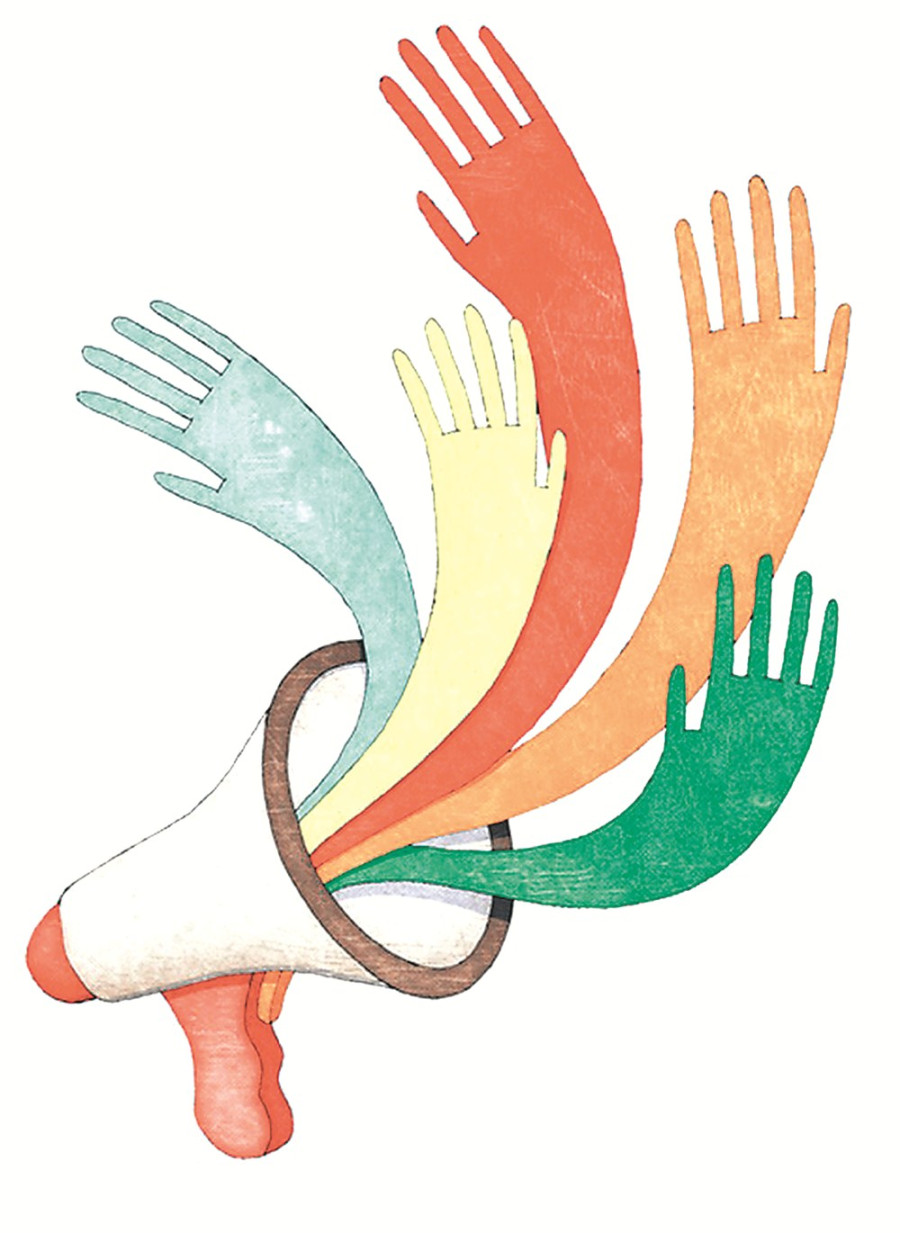Opinion
Yes, we can
Volunteering is one of the many ways for young people to change the world for the better
Ariani Hasanah Soejoeti
Every year we celebrate International Youth Day on August 12 not only to commemorate the creative force and the strong energy that young people bring to every society but to also to recognise their vital role in building the future of humanity. With a staggering 1.8 billion young people in the world today, its future depends highly upon them.
Recently, at an event about demographic dividend and youth employment, the United Nations Secretary-General Ban Ki-moon stated, “the world now has the largest generation of young people in history. I place great hope in their power to shape our future.”
We can certainly see how the youth can be indispensable partners in the implementation of the 17 Sustainable Development Goals (SDGs)—adopted by world leaders in September 2015—as young people have first-hand experiences in many of the related issues. Unless all stakeholders fully engage themselves and have a voice, these world-changing objectives will not be successfully implemented.
With youth come creativity, energy and optimism. Furthermore, if there are supportive environments and opportunities, the chances of these young people becoming agents of change are greater. Having said that, there are many ways for young people to change the world for the better. One of them is by volunteering.
Although not solely for young people, volunteering at a young age can build a stronger character needed to make a real difference for a just world. In many cases, volunteering locally is beneficial, as it allows youths to connect to their own community and motivates them to make it a better place to live.
Making change
The UN Secretary-General Ban-Ki Moon noted that volunteerism could be a powerful and crosscutting means of change. It can help to expand and mobilise constituencies and to engage people in national planning and implementation of SDGs. Moreover, he stated that volunteer groups could help to localise new agenda by providing new spaces of interaction between governments and people for concrete and scalable actions.
According to the State of the World’s Volunteerism Report 2015, there are more than one billion volunteers globally, the majority of whom are working in their own countries. These volunteers are working with governments and civil societies to hold those in power to account and to represent the voices of those often left out of development decisions, such as women, youth and marginalised groups.
In Nepal’s context, volunteers are very much attached to their communities. They have brought positive impacts on other people’s lives. For instance, amid the terrible disaster and suffering of last year’s devastating earthquakes, people immediately came together to help their neighbours, spearheaded search and rescue efforts, shared what they had and volunteered in temporary camps. There are also volunteers in government offices, UN agencies and non-governmental organisations, providing their knowledge and expertise. Their contribution to generate social cohesion and tackle issues of social injustice in the country is significant.
It seems almost impossible to us that an average person can make an impact on ending poverty, inequality and injustice. Yet, look at Malala Yousafzai. Her local human rights advocacy for women and for education in her native Swat Valley in the Khyber Pakhtunkhwa province of northwest Pakistan has grown into an international movement.
Change starts with us. Be the change, be a volunteer!
UN volunteers
There are many ways to volunteer, so we need to find the ones that speak to us and engage our talents, expertise and passion. In recent years, organised or professional volunteerism has come up strongly. United Nations Volunteers (UNV), for example, plays a multi-faceted role. It is a programme that contributes to peace and development worldwide through volunteerism. One of its key functions is to develop a network with governments, UN agencies and non-governmental organisations—any place where there is a request for volunteers.
In 2013, UNV established the UN Youth Volunteer Programme, which was designed to engage young people in global advocacy and partnerships for youth volunteering, and to develop the capacity of national and regional schemes to support the empowerment of young people. To date, UNV has deployed 435 youth volunteers from 49 countries under the youth modality. As many as 263 of them are women.
UNV has been actively involved in promoting volunteerism, including by supporting volunteer groups. As with the Millennium Development Goals, UNV will keep contributing to global goals by selecting, training and mobilising skilled and motivated volunteers who serve in UN programmes and projects for peace and development worldwide.
Soejoeti is a UN volunteer and Public Relation and Communication Officer at the International Organisation for Migration in Nepal




 9.12°C Kathmandu
9.12°C Kathmandu










